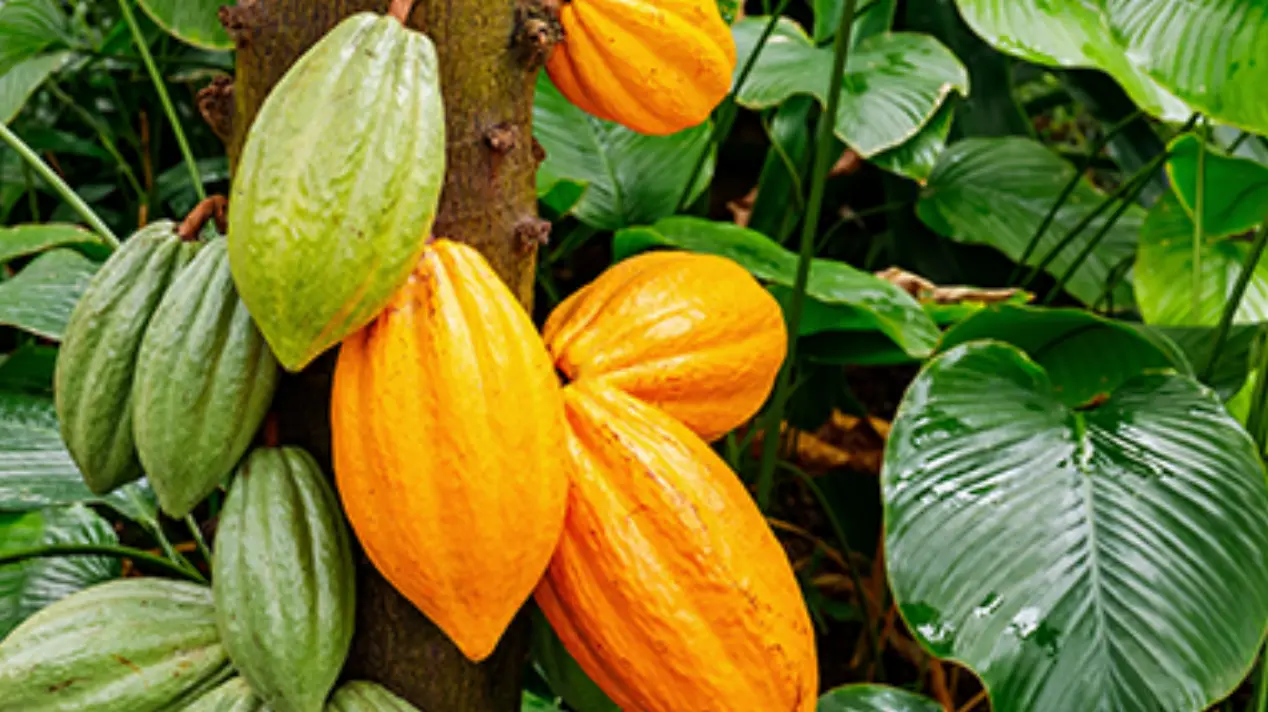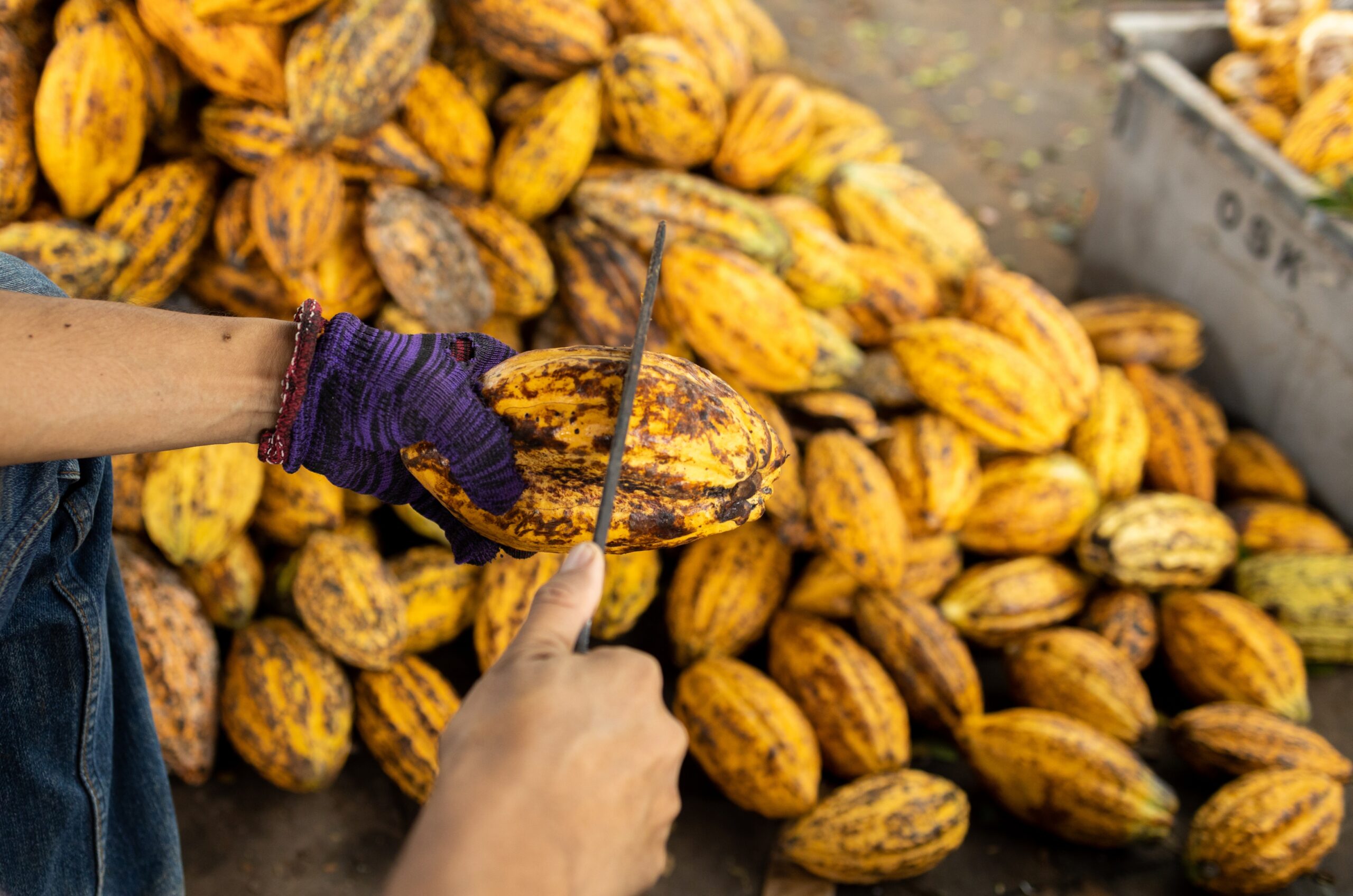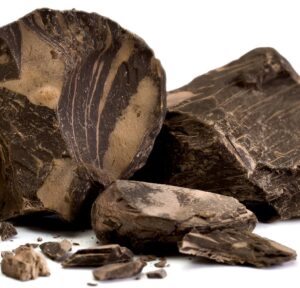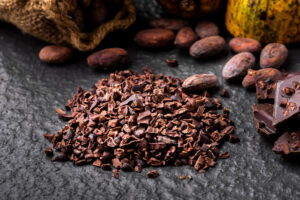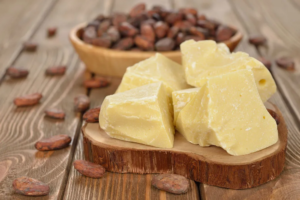Cocoa has become one of the most in-demand commodities in the UAE, thanks to the growing popularity of chocolate, bakery, and confectionery products. With the rise of artisanal chocolatiers in Dubai and the increasing demand for cocoa-based health supplements, the cocoa trade in the UAE has seen a noticeable boom in recent years. With the UAE’s strategic position as a global trading hub, coupled with its high per capita chocolate consumption, this region presents immense opportunities for global cocoa suppliers. Also, there is a rapid and expanding food industry, increasing consumer demand for premium ingredients, and a strong re-export position; the UAE’s cocoa imports in 2024 are showing promising growth.
A Quick Look at the UAE Cocoa Market
The UAE is not a cocoa-producing country. It relies entirely on imports to meet its cocoa demands, which have grown steadily due to rising food manufacturing activities and an increasingly health-conscious, gourmet-loving population. The UAE chocolate ingredient market, especially in Dubai and Abu Dhabi, has witnessed considerable growth. Demand is driven by bakeries, restaurants, health food brands, and luxury confectionery businesses that prefer high-quality and often single-origin cocoa products.
Dubai, in particular, has emerged as a major hub for cocoa trade. Many international companies use Dubai as a base for distribution across the Middle East and North Africa (MENA) region. As a result, being a Dubai cocoa supplier comes with massive potential—not just for meeting local demand, but also for re-exporting to neighboring countries.
UAE Cocoa Imports 2024: What the Numbers Say
As of 2024, UAE cocoa imports are valued at several hundred million dirhams annually. According to customs and trade statistics, the UAE’s cocoa trade volume has seen a year-on-year increase of roughly 6–8%. This includes imports of cocoa beans, cocoa powder (both alkalized and natural), cocoa butter, cocoa liquor, and chocolate products containing high cocoa percentages.
Bulk cocoa in the UAE is particularly popular among large-scale manufacturers who process it for making chocolate bars, spreads, desserts, and beverages. These manufacturers often purchase cocoa in 25kg or 50kg bags, especially alkalized cocoa powder, due to its smoother taste and color consistency.
Key Trends in the UAE Cocoa Market
- Rising Demand for Premium and Organic Cocoa Consumers in the UAE are becoming increasingly aware of the health benefits associated with high-quality cocoa. This has led to a shift toward organic, non-GMO, and single-origin cocoa varieties. Artisanal chocolate makers and upscale restaurants are particularly keen on sourcing ethically farmed, traceable cocoa beans.
- Halal Certification Is a Must With the UAE being a Muslim-majority country, halal cocoa import in the UAE is essential. Suppliers must ensure their cocoa products, including any additives or emulsifiers used during processing, meet halal standards. Without this certification, it’s nearly impossible to penetrate the UAE chocolate ingredient market.
- Strong Re-Export Activity Dubai acts as a key re-export hub. Cocoa imported into Dubai is often repackaged or processed and then shipped to Saudi Arabia, Oman, Qatar, Bahrain, and even countries in Africa and Central Asia. This makes Dubai cocoa distributors a crucial link in the global cocoa trade.
- Growth of Health & Wellness Products With fitness and clean eating trends on the rise, many brands in the UAE are adding cocoa nibs, unsweetened cocoa powder, and raw cocoa products into protein shakes, energy bars, and keto snacks. This demand opens new doors for suppliers specializing in minimally processed or superfood-grade cocoa.
-
- Local Manufacturing Boost The UAE government has been encouraging local food manufacturing as part of its food security and economic diversification strategy. As a result, local production of chocolates and cocoa-based food items is growing, creating a steady demand for bulk cocoa imports in the UAE.
Importing Cocoa to UAE: What Suppliers Need to Know
Importing cocoa to the UAE is straightforward if done correctly, but it’s crucial to comply with all local requirements. Here are the main things international suppliers should keep in mind:
a. Product Registration with Dubai Municipality: Before any food product, including cocoa, can be sold in the UAE, it must be registered with the Dubai Municipality or the relevant local authority. This involves submitting product details, ingredients, certifications, and labeling information.
b. Food Labeling Requirements Cocoa imports must follow strict food labeling regulations. The label should include:
-
- Product name (e.g., Alkalized Cocoa Powder)
-
- Country of origin
-
- Ingredients
-
- Halal certification (if applicable)
-
- Expiry and production dates
-
- Storage instructions
Labels should be in both Arabic and English.
c. Compliance with Cocoa Import Regulations UAE The UAE has regulations regarding maximum allowable levels of contaminants like cadmium and lead in cocoa products. These levels align with international standards, such as those from the Codex Alimentarius. Failing to meet these standards can lead to rejected shipments.
d. Halal Certification This is mandatory for cocoa and chocolate imports. Certificates should be issued by an accredited Islamic body. Some products also need laboratory testing to verify compliance with halal and safety standards.
e. Logistics and Storage Cocoa should be stored in cool, dry conditions. Suppliers must ensure their shipping containers are food-grade and well-ventilated. Dubai’s Jebel Ali Port and Khalifa Port in Abu Dhabi are the primary entry points for cocoa shipments.
Dubai Cocoa Distributors: The Middlemen You Need
Dubai is home to several major cocoa distributors who handle bulk imports and connect international suppliers to local businesses. These distributors serve supermarkets, bakeries, cafes, health stores, and manufacturers. Many Dubai cocoa suppliers, like Radad International, have warehousing facilities, sampling services, and quality control labs, making it easier for buyers to verify the cocoa before purchasing.
If you’re a global supplier looking to enter the UAE market, partnering with a reputable Dubai distributor can fast-track your access to buyers in not just Dubai, but the entire Gulf region.
Opportunities for Global Cocoa Suppliers
- Tap into Local Chocolate Manufacturing With brands like Al Nassma (camel milk chocolate) gaining international recognition, local chocolate production is on the rise. These companies need consistent and premium-grade cocoa supply.
- Serve the Health Food Segment UAE consumers are buying more protein powders, granola mixes, and diet-friendly snacks containing cocoa. Suppliers offering raw cocoa, unsweetened nibs, and alkalized powder have an edge.
- Private Labeling and Packaging Many retailers in the UAE are launching their own in-house chocolate and snack brands. These companies are open to white-label and bulk cocoa supply deals.
- Leverage Free Zones for Business Setup The UAE offers food-specific free zones such as Dubai Industrial City and JAFZA, which provide customs exemptions, tax benefits, and full ownership to foreign investors looking to set up cocoa processing or packaging facilities.
-
- Target Seasonal Demand Spikes During Ramadan, Eid, Christmas, and National Day, demand for sweets skyrockets. This creates opportunities for higher sales volumes and new product launches.
How to Succeed in the UAE Cocoa Market
Build Relationships with Local Distributors Face-to-face relationships still matter in the UAE. Trade shows like Gulfood and SIAL Middle East are excellent for networking.
Focus on Quality and Transparency The market is highly quality-driven. Buyers want certificates of origin, lab test reports, and full transparency on sourcing and processing.
Offer Flexibility in Packaging and Logistics Distributors and food manufacturers may request smaller packaging sizes, custom blends, or specific delivery schedules.
Stay Up-to-Date with Trends New dietary preferences and food trends evolve quickly in the UAE. Keep an eye on local demand for vegan, sugar-free, and organic cocoa-based products.
Digital Presence Matters Suppliers with professional websites, product catalogs, and responsive communication are more likely to be trusted by UAE buyers.
FAQs: Cocoa Imports in the UAE
- What types of cocoa products are most imported into the UAE? The most common imports are cocoa beans, alkalized and natural cocoa powder, cocoa butter, cocoa liquor, and cocoa nibs. Alkalized cocoa powder is widely used in baking and manufacturing.
- Do cocoa products need to be halal certified in the UAE? Yes. All food imports, including cocoa, must be halal certified by an approved Islamic body. This includes any processing aids or additives used during manufacturing.
- Are there any specific UAE cocoa import regulations to be aware of? Yes. Cocoa imports must comply with food safety standards, labeling laws, and contaminant limits. Products also need to be registered with the Dubai Municipality before being sold.
- How can international cocoa suppliers find buyers in the UAE? They can partner with local distributors, attend trade exhibitions like Gulfood, or explore B2B platforms that cater to the Middle East region.
- Is there a market for bulk cocoa in UAE? Absolutely. Food factories, chocolate makers, bakeries, and hotels regularly buy cocoa in bulk quantities. Packaging in 25kg or 50kg bags is common.
- What is the expected trend for UAE cocoa imports in 2024?
- Cocoa imports are expected to grow due to increasing local production of chocolate and health snacks, higher consumer spending, and the UAE’s growing role as a regional re-export hub.
- Can cocoa be re-exported from the UAE to other countries? Yes. Dubai is a major re-export hub, and cocoa imported into the UAE is often re-exported to Gulf countries, Africa, and South Asia.
-
- Are there any incentives for cocoa suppliers setting up in the UAE? Yes. Free zones offer tax exemptions, 100% foreign ownership, and world-class logistics, making them attractive for cocoa-related businesses.
Cocoa suppliers around the world who are looking to expand into the Middle East will find the UAE to be a fertile ground of opportunity. With the right certifications, partners, and an understanding of market trends, tapping into the UAE cocoa industry in 2024 and beyond could be a game-changing move for any supplier.
For bulk cocoa beans, contact www.radadinternational.com

